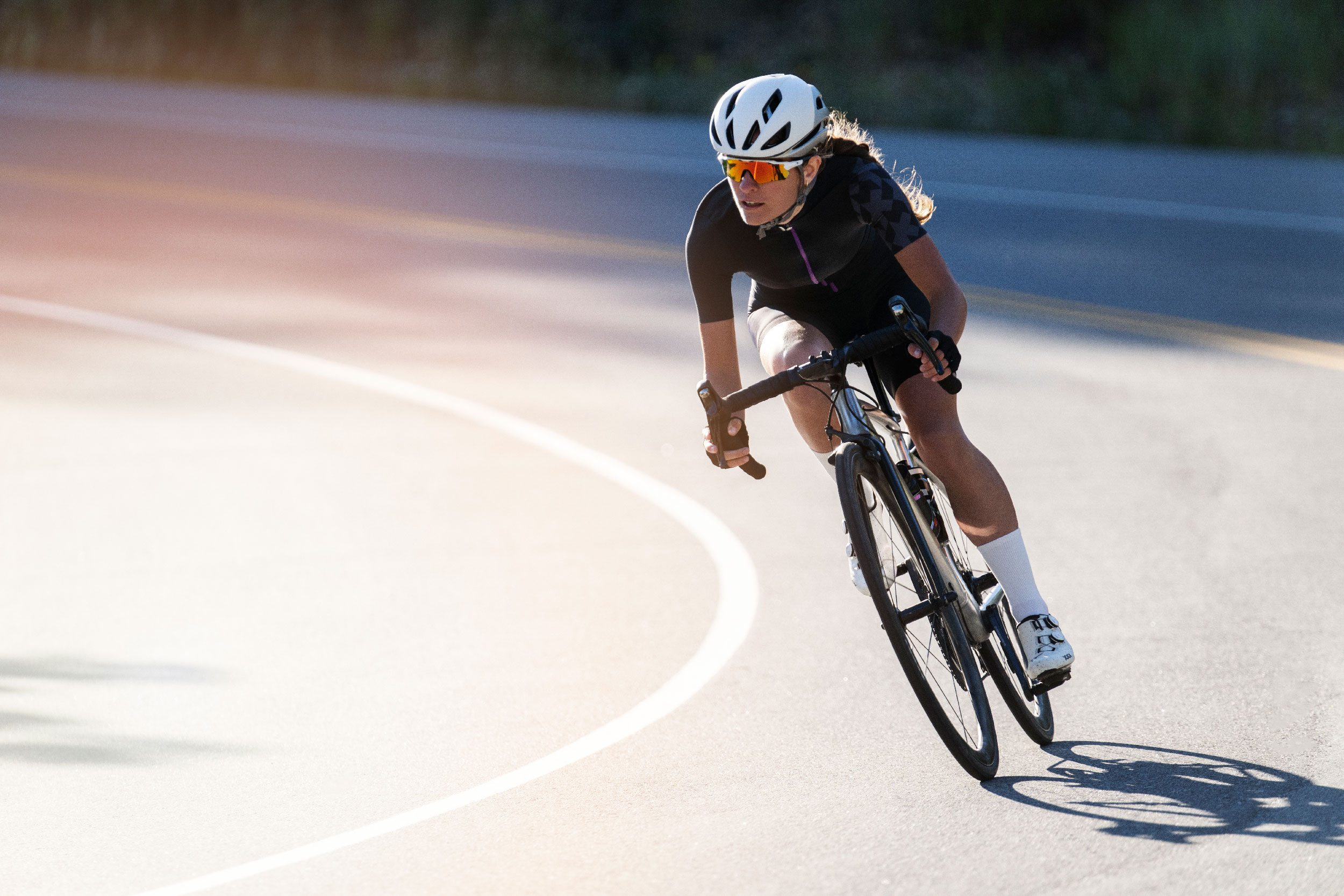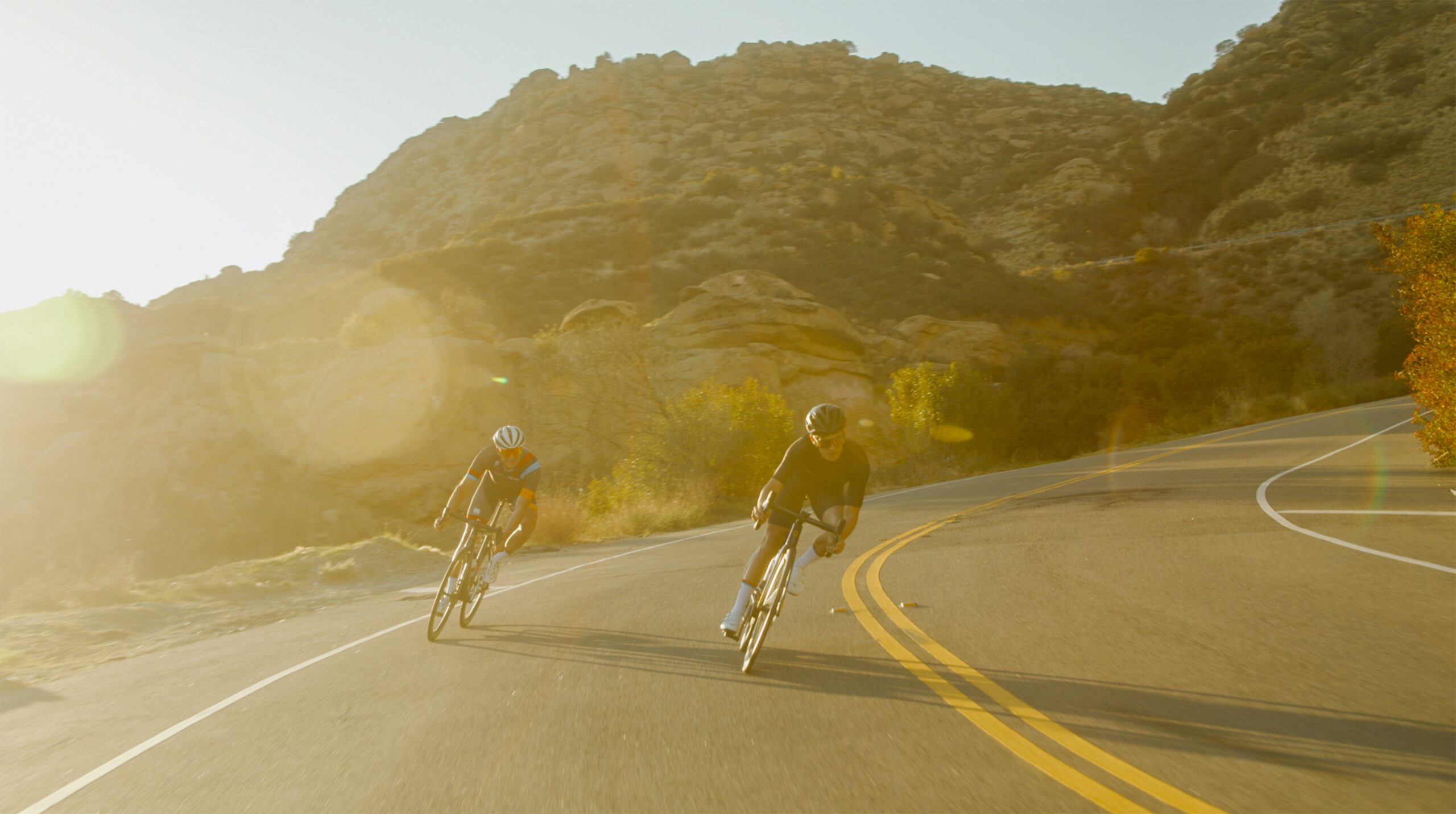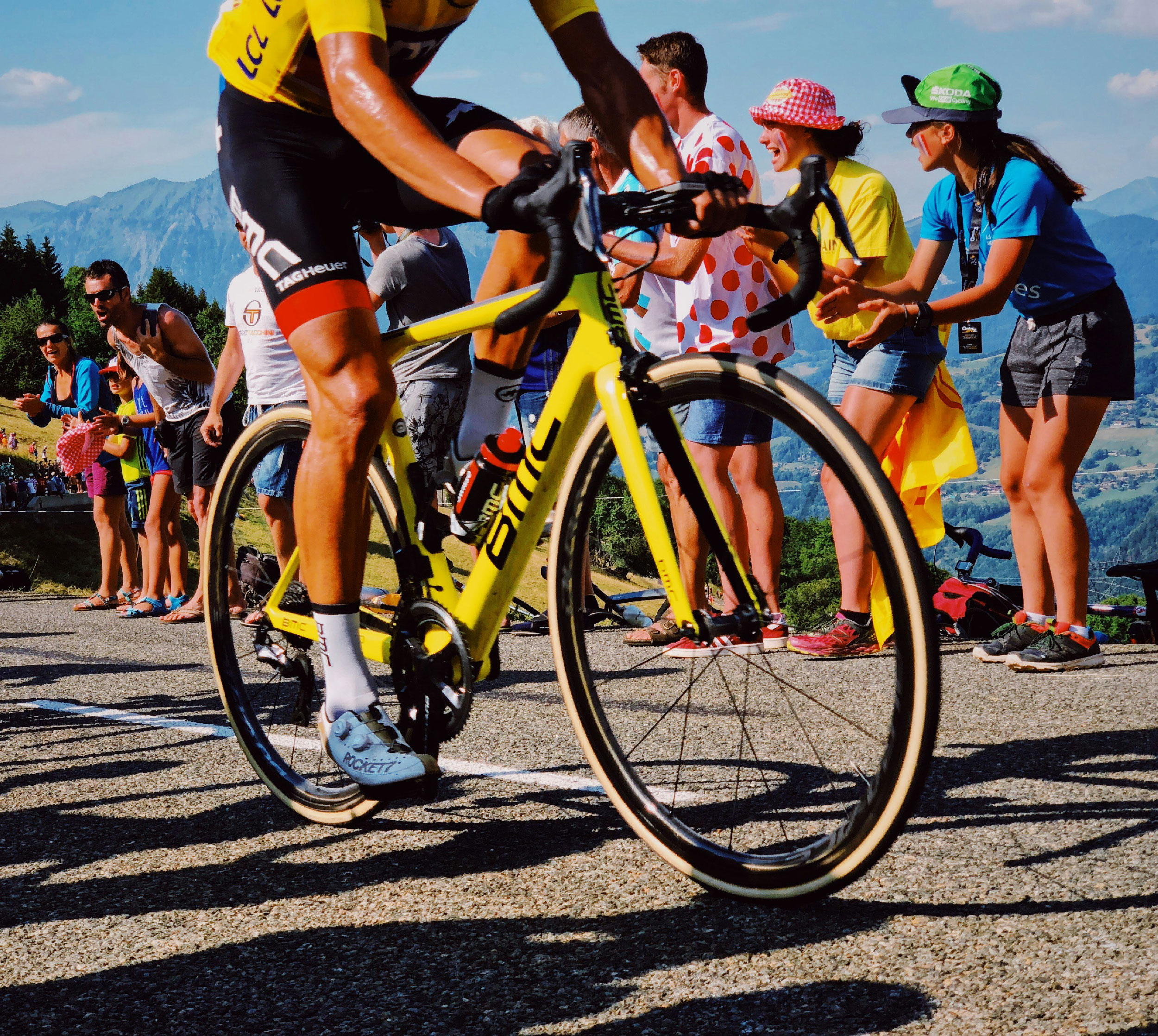
Sleep and aerobic performance
It is already known to many that sleep influences the performance of the endurance athlete or any sport.. But the question is... How long can it affect performance?
In this blog post we will tell you what we know to date with scientific evidence with several recent studies and meta-analyses that talk about the sleep restrictions in aerobic sports.
First of all, we will talk about different factors that alter sleep in athletes.. In these factors we will determine two types: non-sports factors and sports factors which we are going to describe below:
Non-sporting factors:
- Family commitments of the athlete (children, couple, family…)
- Demands / social needs (friends, social networks…)
- Study and/or work commitments.
- Modes and lifestyles (diet, caffeine, idle…)
- Individual characteristics of the athletes (age, sex, disability…)
Sports factors:
- High training loads (psychological stimulation)
- Unknown sleeping environment (room change every day due to transfers…)
- Very early morning training.
- Night before the competition (anxiety, nerves, stress…)
- Long-distance travel (circadian rhythm disruption)
- Night competition (physiological activation)
These could be factors that determine the quality and duration of the athlete's sleep, with which we should try to improve to guarantee a restful sleep. But sometimes, as we know, this doesn't happen... what will happen if we restrict the sleep of an endurance athlete?
According to a study by Cullen et al. 2020 changes were seen in the aerobic performance of -4% in athletes who slept "only" 4 hours the day before competitions or also a decrease in countermovement jump values -5,5% in the same time restriction for those athletes.
Therefore, Even a fairly modest reduction in sleep was shown to have subtle negative effects, but potentially important, on physical performance.
Athletes and coaches should plan ahead to minimize any potentially negative impacts on sleep., trying not to schedule workouts too early or late in the day, to minimize the effects mentioned above.
Coaches and athletes should keep this in mind., at the same time as team personnel (directors, auxiliaries...) and road cycling test organizations to avoid long transfers to hotels in stage tests or arrivals very far from where these athletes must sleep.
Changes with heat
We are at a time of year when there are changes in temperature... What can happen? Lately
Road cycling performance: Fatigue resistance
In this new blog entry we will talk about a concept that we believe is decisive for the
Ventilatory threshold 2 the aerobic threshold
We already close the physiological milestones of our metabolism with the anaerobic threshold or the umbra





